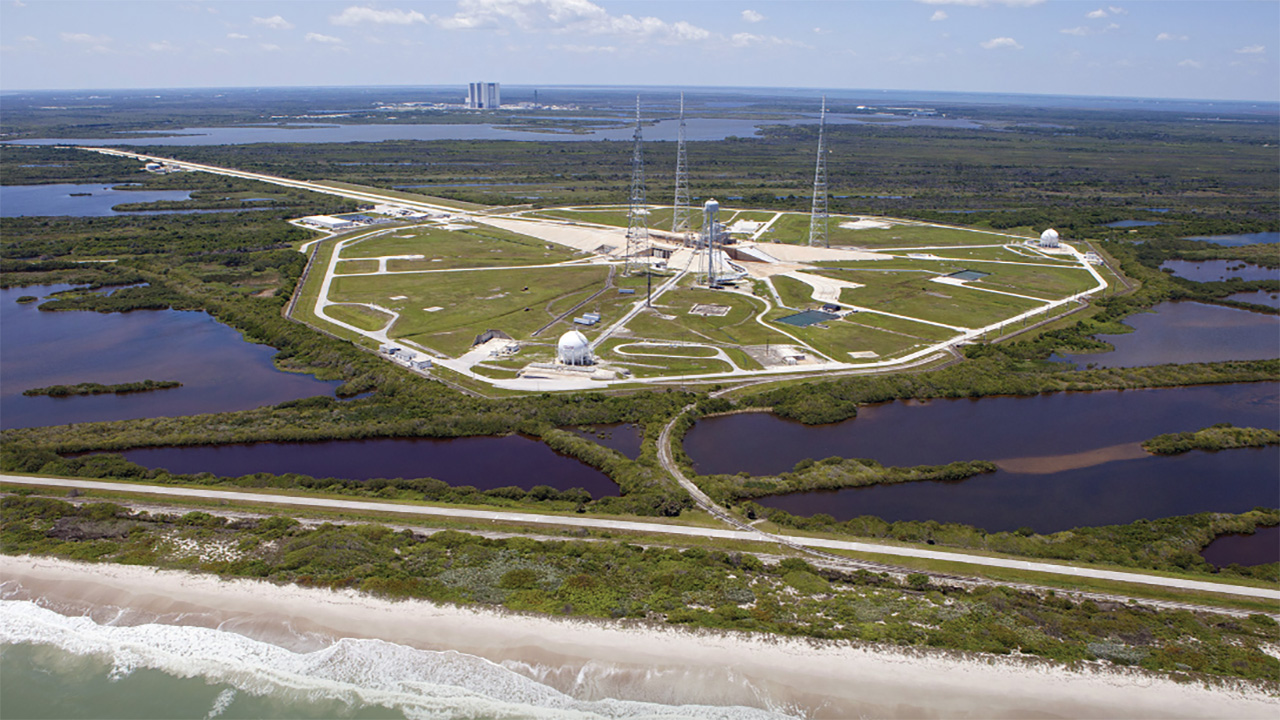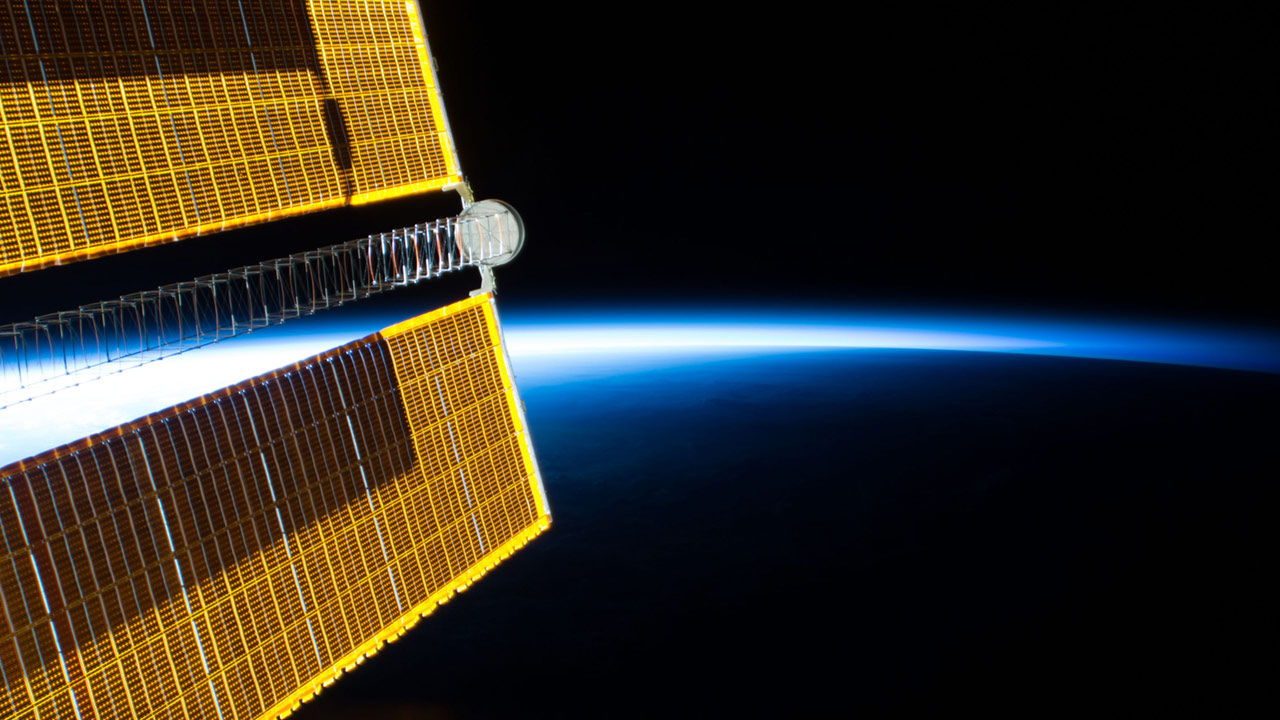Leveraging the unique conditions of the International Space Station (ISS), companies can develop products in space that cannot be realized on Earth—from the production and characterization of advanced materials to tissue engineering for therapeutic development. At the 11th annual International Space Station Research and Development Conference (ISSRDC), a panel session will bring together a group of experts to discuss in-space production applications.
The ISS National Lab supports applied R&D that seeks to demonstrate space-based manufacturing and production to enable new business growth and capital investment and to create scalable and sustainable market opportunities. This panel, which will take place on the second day of the conference, includes representatives from companies and organizations on the forefront of in-space production in the burgeoning low Earth orbit economy.
The panel session will be moderated by Ken Shields, senior director of business development at Sierra Space, and panelists will include:
Dr. Alain Berinstain, Chief Strategy Officer, Space Tango
ISS National Lab Commercial Service Provider Space Tango provides facilities and services that enable bioengineering research and development and materials manufacturing on the ISS. The company is working separately with both Cedars-Sinai and the Sanford Consortium for Regenerative Medicine to develop systems to produce stem cells in space for personalized medicine applications on Earth. Space Tango is also working with LambdaVision on a system to manufacture protein-based artificial retinas in space to restore vision in patients on Earth with retinal neurodegenerative diseases.
Dr. Amrit De, Chief Scientist, Apsidal, LLC
Apsidal has developed an artificial intelligence-aided Universal Glass Optics Manufacturing Module for space-based production of various types of complex glasses. These glasses can be drawn into fibers for applications on Earth such as communications, medical applications, high-power lasers, remote sensing, quantum cryptography, and more. Apsidal’s module’s design uses novel optical sensors for real-time artificial intelligence analysis and feedback control during manufacturing and is currently being tested on the ISS.
Dr. Paula Grisanti, CEO, National Stem Cell Foundation
The National Stem Cell Foundation is funding research that is leveraging the ISS National Lab to develop three-dimensional neural organoid models of Parkinson’s disease and primary progressive multiple sclerosis. Such models developed in space could help accelerate drug discovery and development for patients on Earth. This investigation is being conducted by in collaboration between Drs. Valentina Fossati, Scott Noggle, and Davide Marotta at the New York Stem Cell Foundation Research Institute, Scripps Research Institute professor emeritus Dr. Jeanne Loring, and ISS National Lab Commercial Service Provider Space Tango.
John Vellinger, Executive Vice President of In-Space Manufacturing & Operations, Redwire
The BioFabrication Facility (BFF), owned and operated by ISS National Lab Commercial Service Provider Redwire, is the first American bioprinter in space. The BFF has successfully completed test prints of a human meniscus (cartilage in the knee) and is now being used to create test prints of cardiac tissue. Additionally, Redwire is working to demonstrate space-based production of ZBLAN optical fiber and is developing several technologies for in-space production applications, including industrial crystal growth, plastic recycling, hybrid manufacturing of polymer and metallic components, and ceramic manufacturing.
ISSRDC is hosted by the Center for the Advancement of Science in Space, Inc. (CASIS), manager of the ISS National Lab; NASA; and the American Astronautical Society (AAS). Join us to learn more about in-space production applications that have a direct impact to life on Earth. Please visit the official registration page for additional information and to register for ISSRDC.







